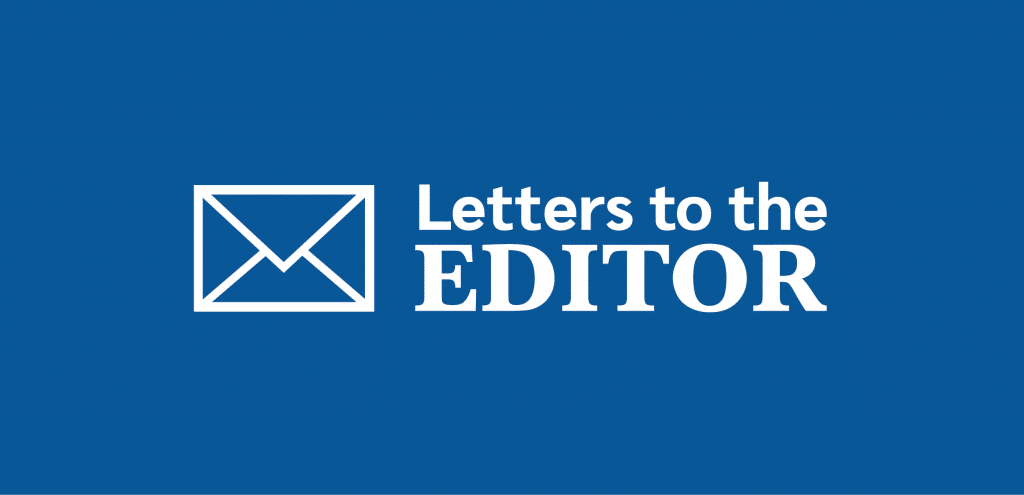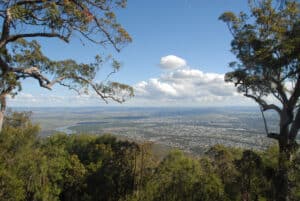
10 November 2021
Nuclear power the only option for Australia
Ms Marshall’s commentary (October 2021) epitomises the reason we need to look carefully at what the Intergovernmental Panel on Climate Change reports about science, before being carried away with rhetoric from senior United Nations politicians and others, who have certainly used some extravagant language.
While countries responsible for about half the world’s carbon dioxide emissions will do virtually nothing about constraining them, Australia needs to pull its weight among the others, though nothing we do will make the slightest difference directly.
A large part of carbon dioxide emissions arise from electricity generation, especially by burning coal. If this capacity is to be replaced, it needs to be by low-carbon sources, and nuclear power is the only one of these which is reliable, safe, cost-effective and readily deployed more widely than the 32 countries now using it. Wind and solar power have limited scope for obvious reasons of intermittency and are very costly in critical minerals. Batteries help integrate them into grids but cannot store energy on the scale required, as Europe is currently being reminded. While the marginal cost of electricity from wind and solar is very low, the cost of making that occasional output match real-world demand is extremely high if a large share is attempted. Ask Germany.
In the light of our strengthened alignment with USA and UK, and their expectation of our pledges in Glasgow, note that they start off with 20 per cent of their electricity from nuclear power. We will need at least the same. As we said in September: No country such as ours (without the ability to import and export electricity) has yet achieved any significant replacement of reliable sources with wind and solar.
Ian Hore-Lacy
BLACKBURN
Do to others as they would hope
It is timely during COVID-19 to reflect upon divisions, and ask how we embrace diversity and inclusion to love them all as we are greatly commanded to do in the gospels. We are so much more aware of our big connections to our neighbours globally, as well as the small hurts of our local enemies. For example, each day we are faced with moral dilemmas on compliance and community, even in questions like. We are being challenged to discern who is my neighbour and who is my enemy under pandemic pressure.
In September’s TMA Doctor Chris Porter noted that loving our neighbours, and even moreso our enemies, is against human nature. We are biased against the other and we observe differences as negatives, rather than the positives that stem from diversity. He goes on to call out Jesus’ love paradigm as expanding the frame of reference for what the group is and redefining who is in and out. Once again, Jesus is counter-cultural and counter to our dualistic human nature. Not only does he reinforce the Golden Rule of doing to others as you would have them do to you but, he expands it to the so-called Platinum Rule of doing to others as they would you to do. We all have different needs and want to be treated in different ways. Jesus embraced this diversity and inclusion, and teaches us that everyone is our neighbour: worthy of our love and, more importantly, God’s love.






